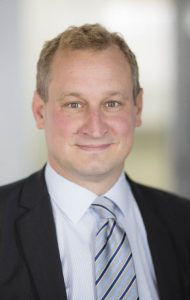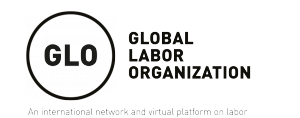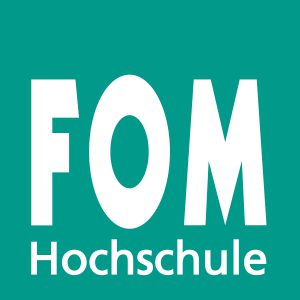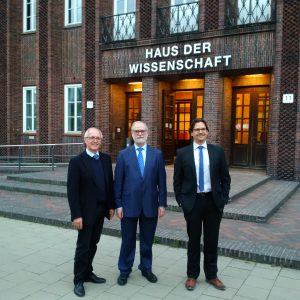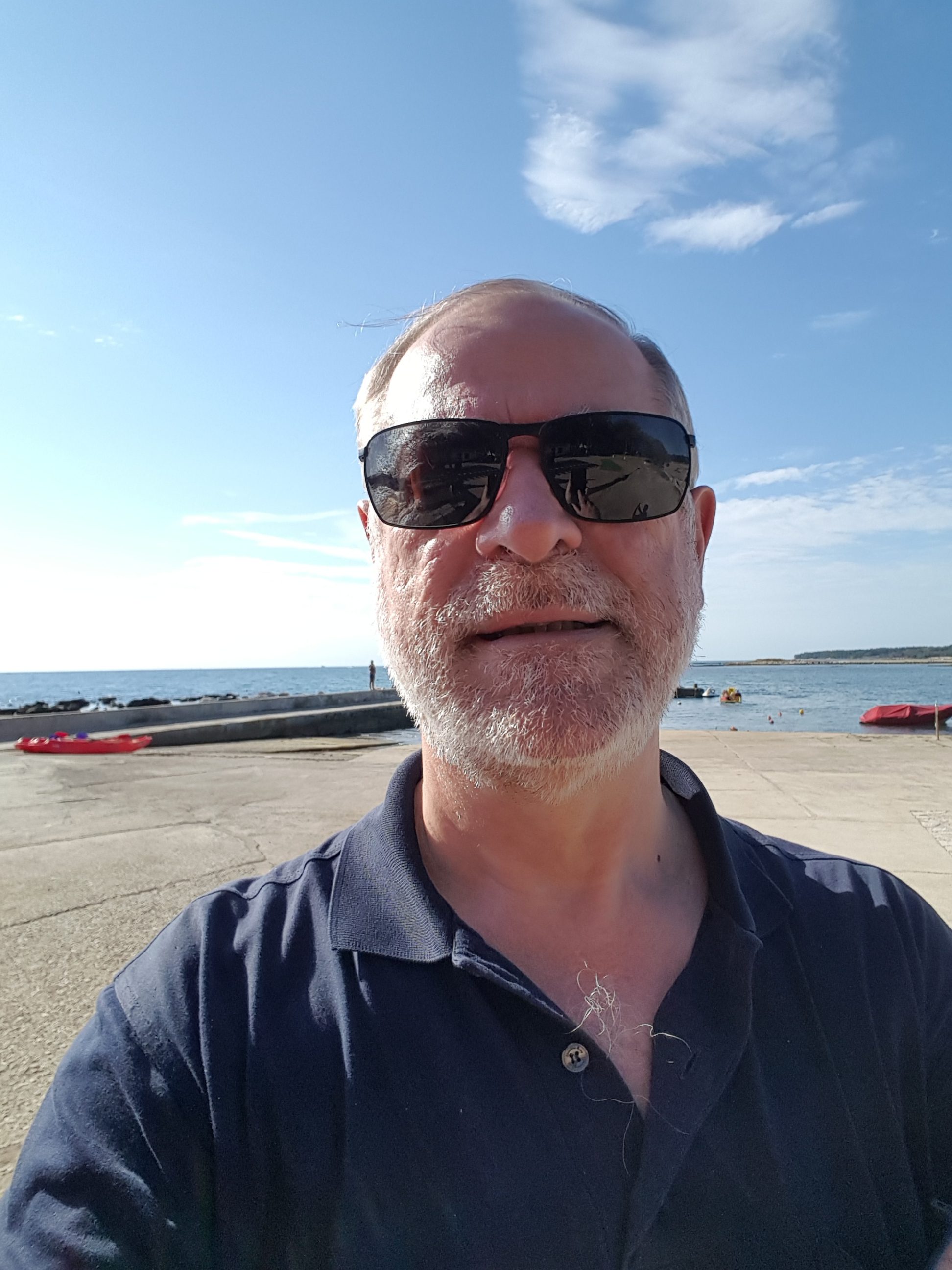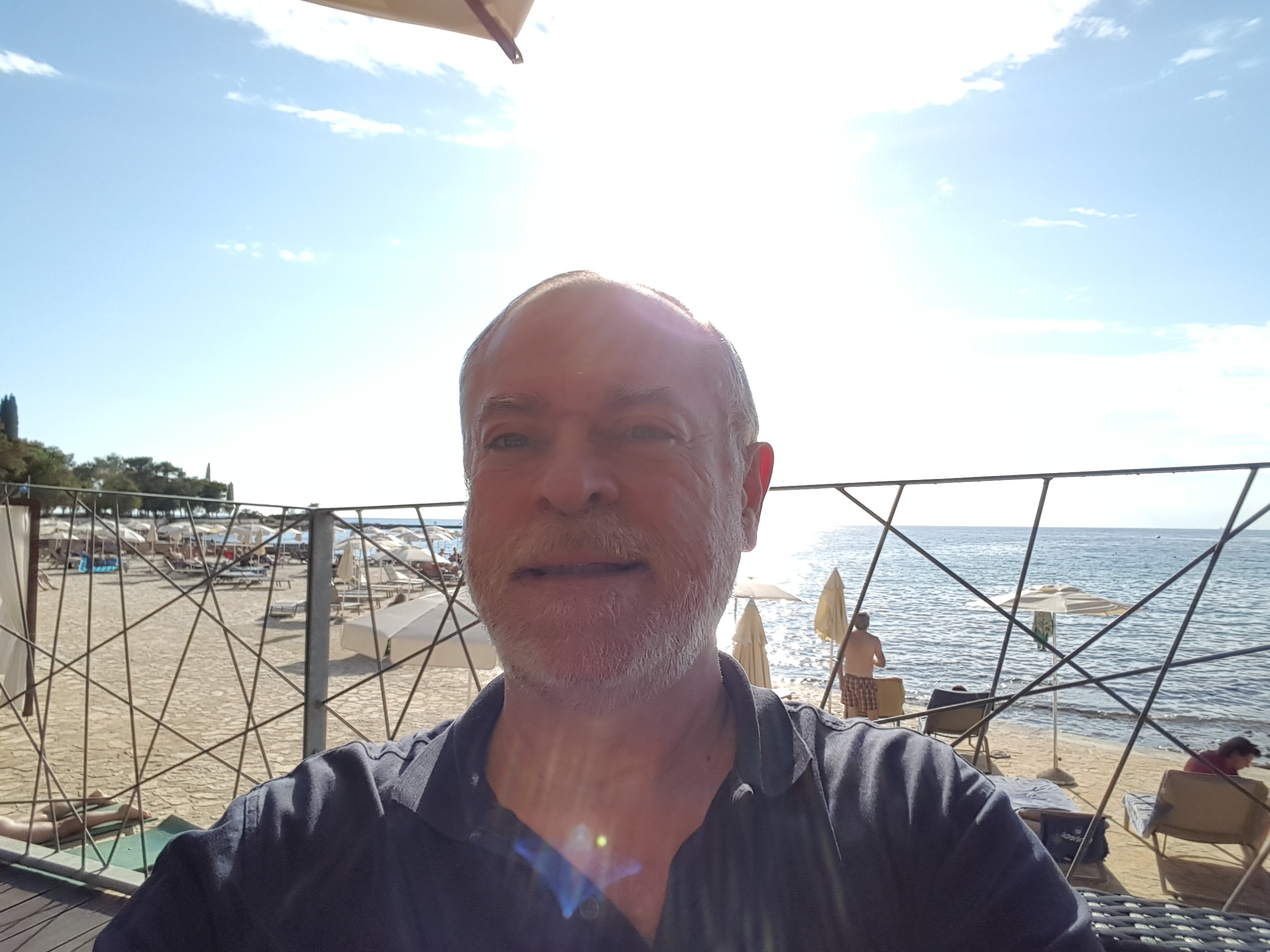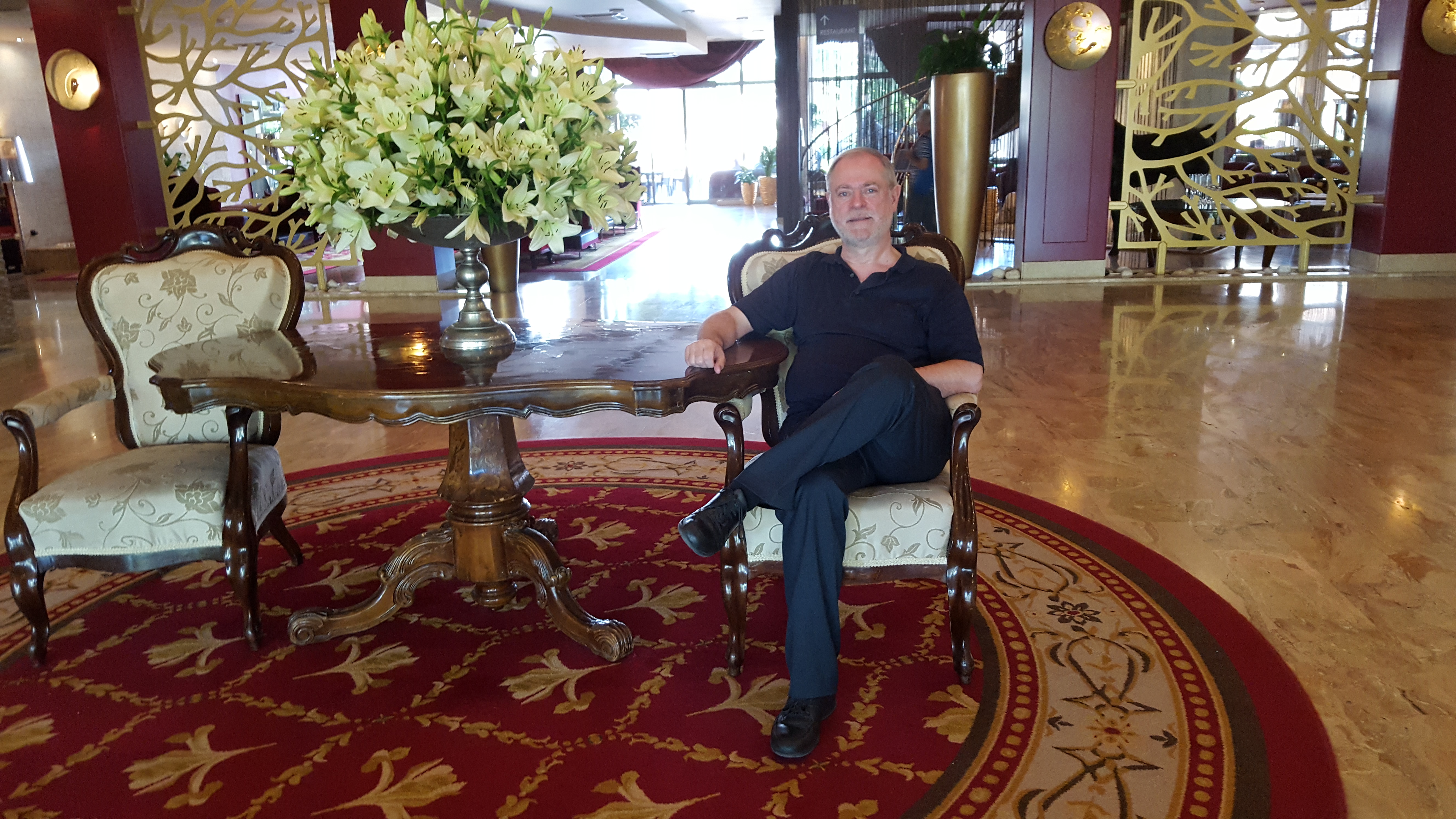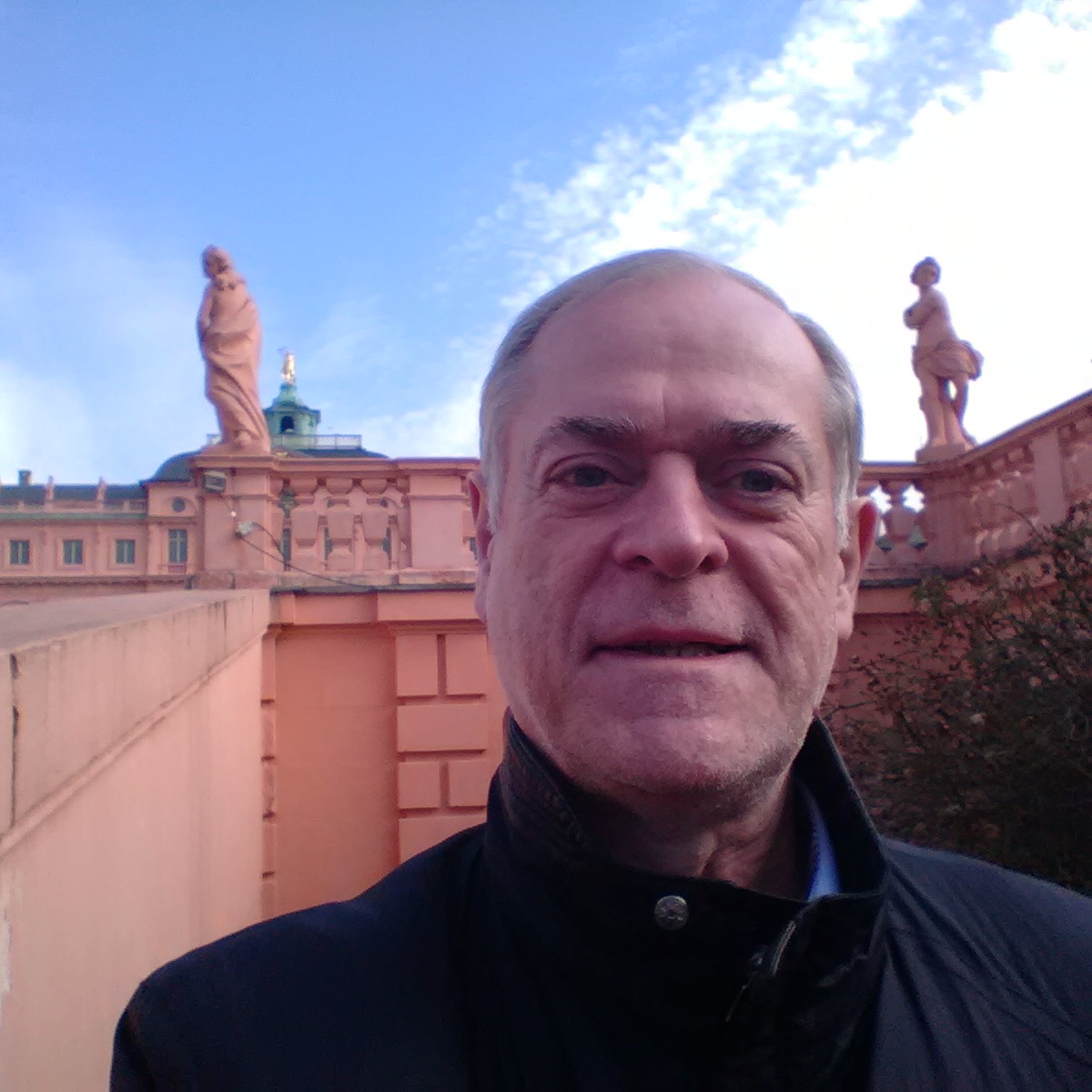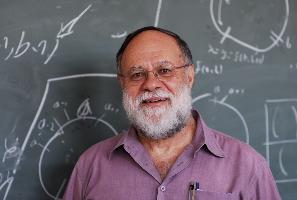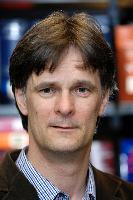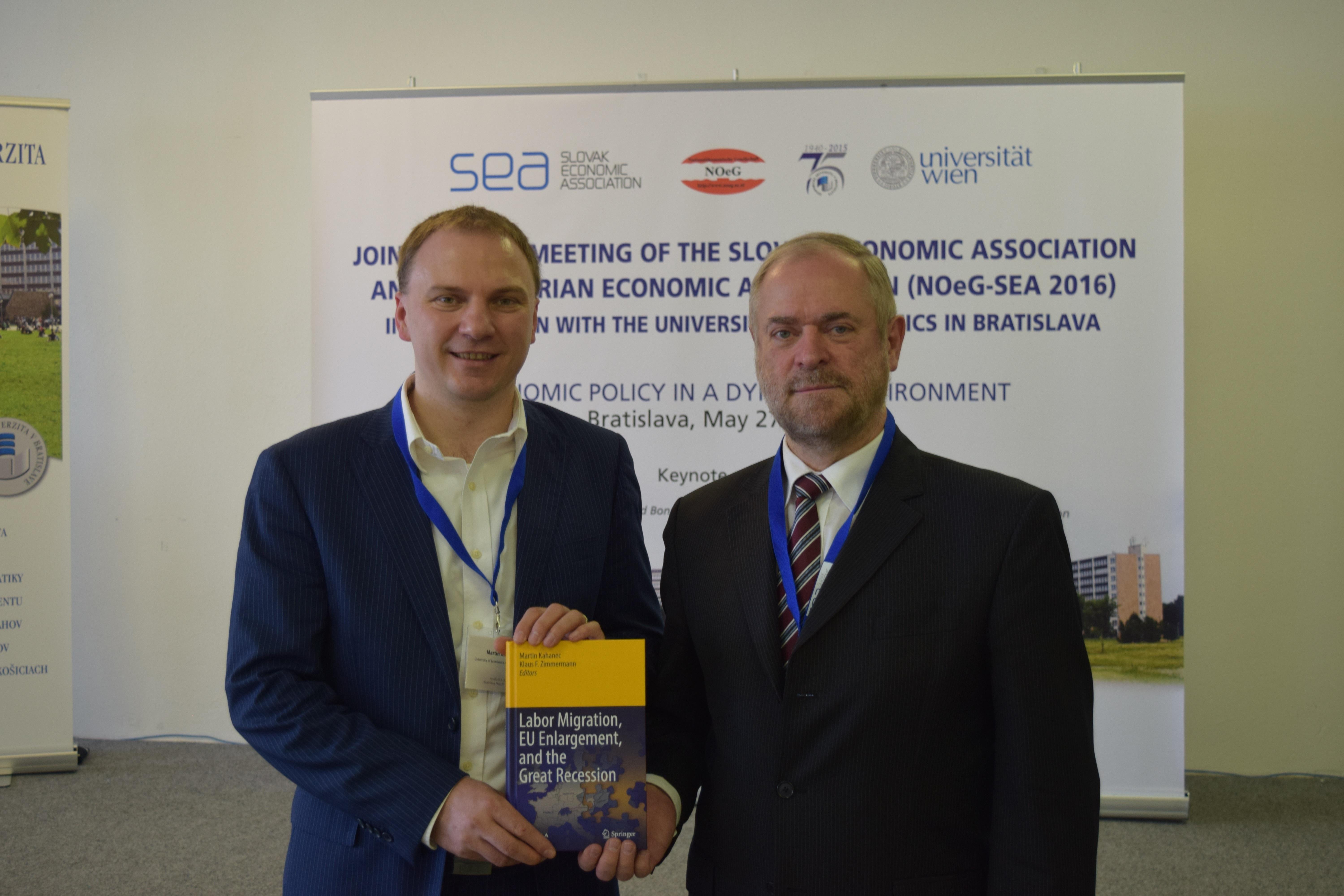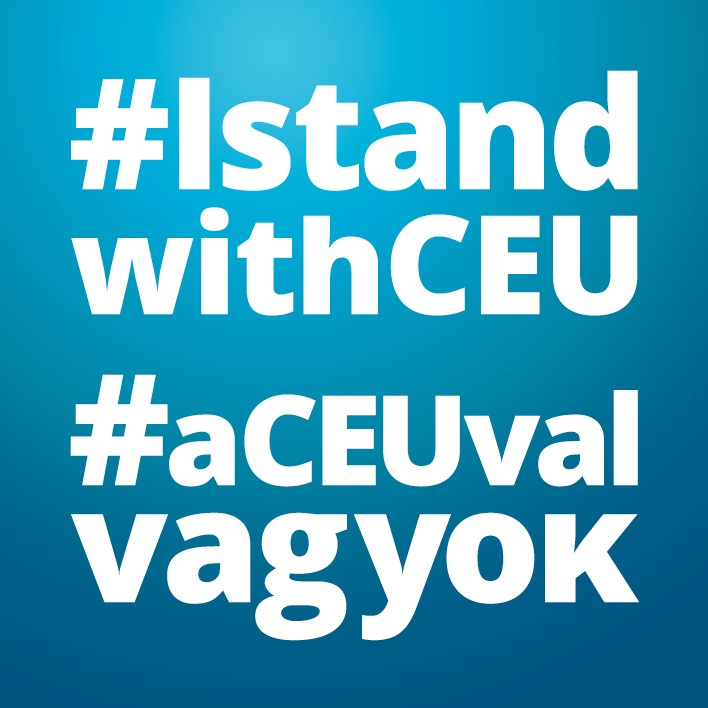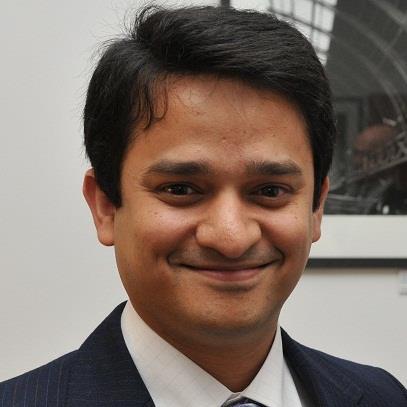The GLO – affiliated Eurasia Business and Economics Society (EBES) invites researchers to present their work at the 24th EBES Conference in Bangkok/Thailand on January 10-12, 2018. The event is jointly organized with the Faculty of Business Administration of Kasetsart University. The Submission Deadline is October 31, 2017. The GLO is the Global Labor Organization.
Call for Contributions
You are cordially invited to submit your abstracts or papers for presentation consideration at the 24th EBES Conference that will take place on January 10-12, 2018 at the Novotel Bangkok on Siam Square in Bangkok, Thailand, jointly organized with the Faculty of Business Administration, Kasetsart University.
The conference aims to bring together many distinguished researchers from all over the world. Participants will find opportunities for presenting new research, exchanging information, and discussing current issues. Although we focus on Europe and Asia, all papers from major economics, finance, and business fields – theoretical or empirical – are highly encouraged.
Keynote Speakers
Prof. Jonathan Batten, Monash University, Australia
Prof. Euston Quah, Nanyang Technological University, Singapore
Board
Prof. Jonathan Batten, Monash University, Australia
Prof. Iftekhar Hasan, Fordham University, U.S.A.
Prof. Peter Rangazas, Indiana University-Purdue University Indianapolis, U.S.A.
Prof. Euston Quah, Nanyang Technological University, Singapore
Prof. John Rust, Georgetown University, U.S.A., and GLO
Prof. Marco Vivarelli, Università Cattolica Del Sacro Cuore, Italy, and GLO
Prof. Klaus F. Zimmermann, UNU-MERIT, Maastricht University, The Netherlands, and GLO
Abstract/Paper Submission
Authors are invited to submit their abstracts or papers no later than October 31, 2017. For submission, please visit the website. No submission fee is required. General inquiries regarding the call for papers should be directed to ebes@ebesweb.org.
Publication Opportunities
Qualified papers will be published in the EBES journals (no submission and publication fees). EBES journals (Eurasian Business Review and Eurasian Economic Review) are published by Springer and indexed in the Scopus, Emerging Sources Citation Index (Web of Science), EconLit, EBSCO Discovery Service, ProQuest, ABI/INFORM, Business Source, International Bibliography of the Social Sciences (IBSS), OCLC, Research Papers in Economics (RePEc), Summon by ProQuest, TOC Premier, Cabell’s Directory, Ulrich’s Periodicals Directory, and Google Scholar.
Also all accepted abstracts will be published electronically in the Conference Program and the Abstract Book (with an ISBN number). It will be distributed to all conference participants at the conference via USB. Although submitting full papers are not required, all the submitted full papers will also be included in the conference proceedings in the USB. After the conference, participants will also have the opportunity to send their paper to be published in the Springer’s series Eurasian Studies in Business and Economics (no submission and publication fees).
This will also be sent to Thomson Reuters in order to be reviewed for coverage in its Conference Proceedings Citation Index. Please note that the 10th, 11th, 12th, 13th, 14th, 15th and 17th EBES Conference Proceedings are accepted for inclusion in the Conference Proceedings Citation Index. 16th, 18th and subsequent conference proceedings are in progress.
Important Dates
Submission deadline: October 31, 2017
Reply-by: November 8, 2017
Registration deadline: December 4, 2017
Announcement of the Program: December 7, 2017
Contact
Ugur Can (ebes@ebesweb.org)
Dr. Ender Demir (demir@ebesweb.org) and GLO

Ends;

